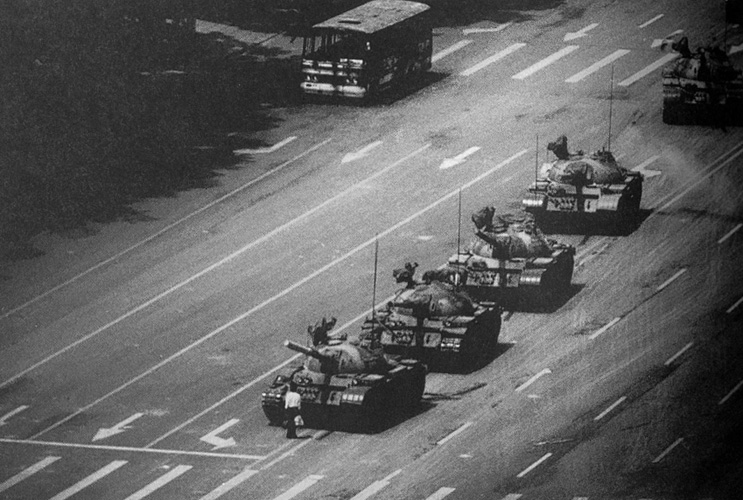The question isn’t really if a police is needed or not in the web-world. The most important is how powerful this police has to be, and how far can we let an institution decide for us of what is morally bearable on the web and what is not! In France, there are “La CNIL”, « La Commission nationale de l'informatique et des libertés ». This Institution created in 1978 has three different missions :
The first one is to inform the web users of their rights. A web user has many rights, and they’re too often unknown. The second mission is to control what is going on in the web. CNIL is very vigilant on the content of all kind of websites and keeps a tight watch on many data in order to be sure that nothing subversive, that illegal pictures or information aren’t available on the web. The last mission is to punish people guilty of spreading illegal contents on the web.
Obviously, CNIL isn’t a mere institution of police or control. It aims at preventing from infractions giving a lot of information on what its mission is and on what kind of rights a web user can have. The balance between information and repression seems equilibrated in a quite fair way.
In France, the web control is done in a democratic way, observing the French laws in legality. But it’s not the same in all countries, let’s explain in a few words what’s happening in a authoritarian country like the Republic of China:
In China, government has censured the Chinese internet since the beginning and the introduction of the web in the territory. The authorities signed many big contracts with web firms like Microsoft, Google or Yahoo to establish a perfect cyber police. What is very ironic is that freedom of speech is a right recognized in the Chinese Constitution. In reality, Many cyber dissidents are sent in jail just because they use words like “democraty” or “Tian Anmen” in their blogs etc…
For example, let’s compare what we can find looking for pictures of Tian Anmem in the English version of Google and then in the Chinese version:


But if you search pictures in google.cn, here is what you will get:


Tian Anmen appears like a heavenly place, very bright and colourful!
As a conclusion, it’s hard to imagine how the internet could manage to work without some institutions of supervision. But in order to avoid extreme control and censure like in China, we have to find a good balance between a half-informative and a half-repressive organisation.
No comments:
Post a Comment